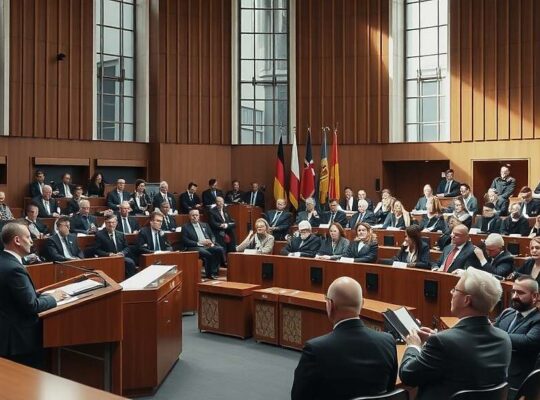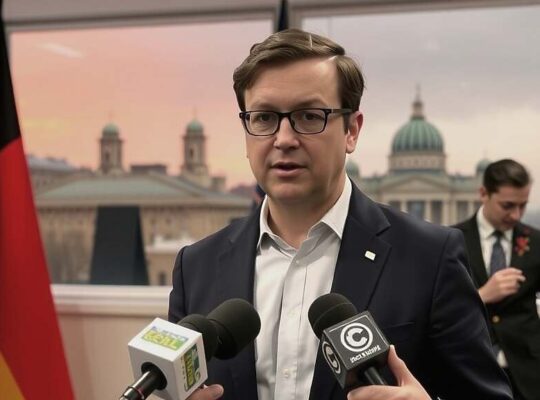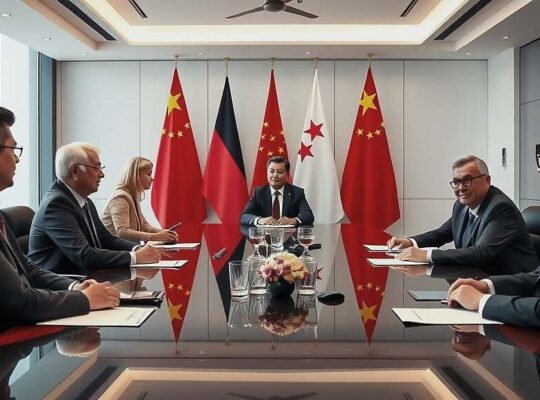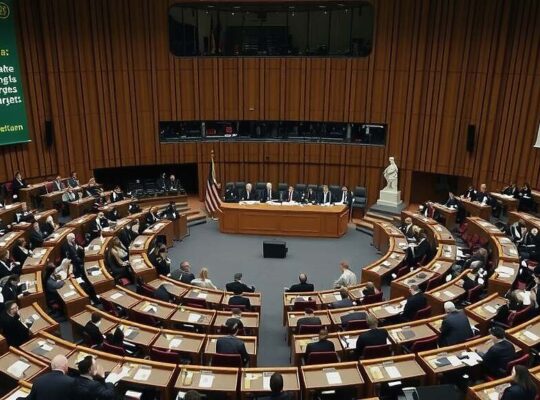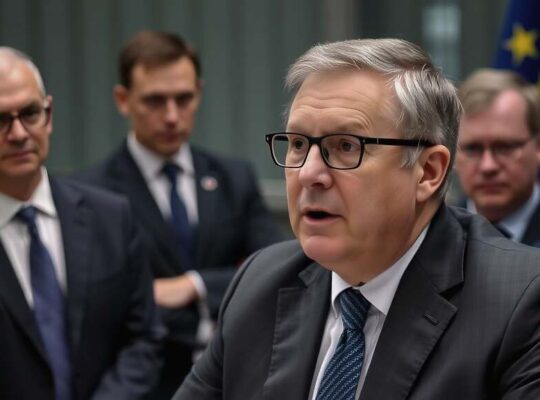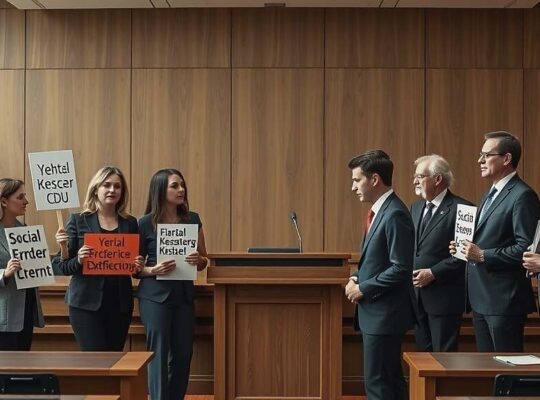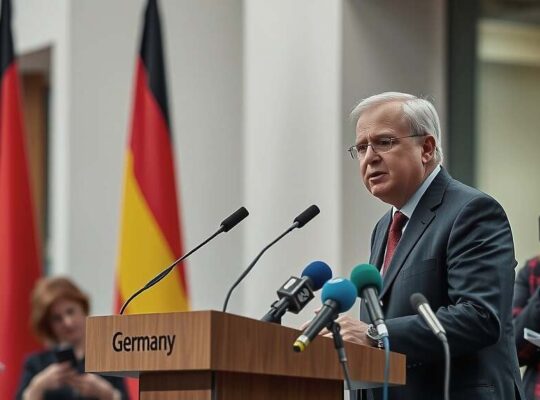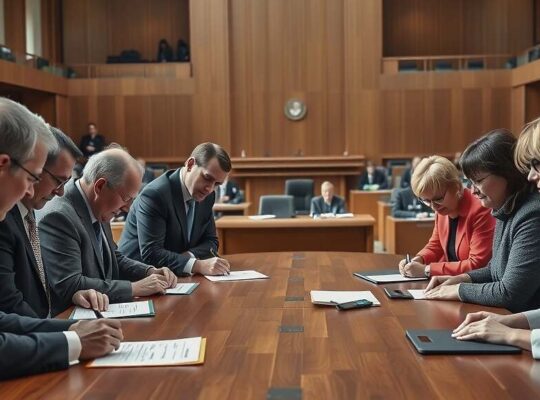The outgoing French Prime Minister, Sébastien Lecornu, signaled a potential resolution to the ongoing governmental crisis, suggesting a new premier could be appointed within the next 48 hours. In a televised interview Wednesday evening, Lecornu declared his mission “fulfilled” following his resignation on Monday and subsequent brief mandate to broker a solution to the political turmoil. This timeline aligns with expectations emanating from the Élysée Palace, indicating a swift return to stability.
A crucial factor underpinning the crisis has been the contentious pension reform, raising the retirement age from 62 to 64 by 2030. Lecornu acknowledged this as a major “stumbling block” forecasting that avoiding the issue entirely will prove difficult given widespread public opposition. His comments open a potential avenue for revisiting or modifying the reform, a prospect that sharply divides political analysts. While some view the pension adjustments as vital to managing France’s burgeoning national debt, others argue that pushing forward despite significant dissent risks further exacerbating social unrest and undermining the government’s legitimacy.
The rapid succession of events – resignation, brief mandate and the prospect of a quick replacement – highlights the precarious position of President Emmanuel Macron’s administration. While a majority in the National Assembly appears to have backed away from a parliamentary dissolution, the underlying divisions remain potent. Lecornu stated that he has already presented his conclusions to Macron, leaving the President to undertake final consultations before announcing a definitive course of action.
The appointment of a new Prime Minister will be more than a procedural change; it’s a proxy for addressing the deep-seated anxieties coursing through French society. The chosen individual will inherit a politically charged environment, burdened with the challenge of navigating the pension debate and restoring public trust – a task fraught with potential pitfalls. Whether the next administration will be able to forge a consensus and address the root causes of the unrest remains to be seen, placing significant pressure on President Macron’s leadership and the future trajectory of his reform agenda.



